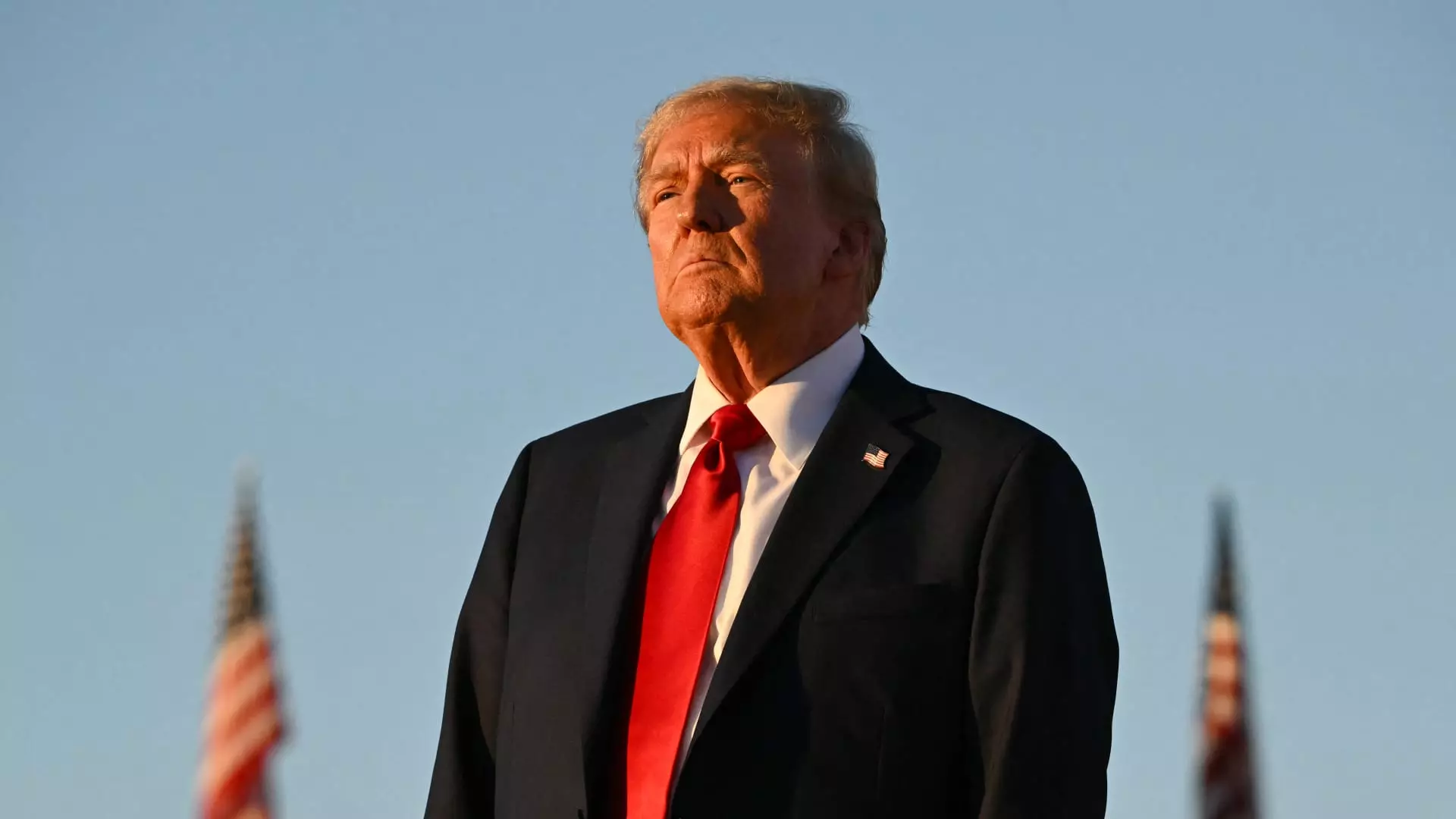The political landscape in the United States has become increasingly polarized, and the 2024 presidential election is casting a long shadow over political discourse. Vice President Kamala Harris has recently come under scrutiny following alarming statements made by former President Donald Trump regarding Adolf Hitler, as recounted by his former chief of staff, John Kelly. The remarks have ignited fervent debates about autocracy, loyalty, and the very fundamentals of American governance.
Speaking from her residence in Washington, D.C., Harris characterized Trump’s reported admiration for Hitler as “deeply troubling and incredibly dangerous.” This declaration sets a grave tone for the political climate as the election approaches and millions of Americans prepare to make their voices heard. Harris specifically highlighted that Trump’s understanding of military loyalty diverges significantly from traditional American values, suggesting he desires a military bound not to the Constitution, but to personal allegiance.
Harris’ statements operate on several levels that warrant close examination. Firstly, invoking the name of Hitler immediately amplifies the severity of Trump’s actions and intentions in the eyes of voters. By drawing parallels to one of history’s most notorious dictators, Harris aims to spark outrage and encourage reflection among the electorate regarding the implications of Trump’s leadership style—one she describes as increasingly “unhinged and unstable.” Her approach serves not only as an indictment of Trump but also as a clarion call for voters to consider the consequences of their choices.
Days before the tight election, Harris framed Trump as a harbinger of unchecked power, warning that should he secure a second term, the nation may find itself devoid of the checks and balances that exist today. In her stark analysis, Harris worries that veterans like John Kelly, who once offered restraint against Trump’s more authoritarian tendencies, would be absent in a future administration. This absence, she suggests, risks an escalation toward dictatorial governance—a claim that resonates deeply in an era marked by concerns over eroding democratic norms.
Harris’ remarks force a reckoning with what the hearts and minds of American citizens truly desire. She poses a critical question: do the American people wish to continue their experiment in democracy, or will they accept the path toward autocracy? Highlighting the vote as a fundamental expression of the populace’s will, it is this decision that will ultimately define the nation’s trajectory.
As the election draws near, the tension between democratic ideals and authoritarian temptation grows more pronounced. Leaders like Harris play a vital role in framing the debate about power and governance in the U.S., making the stakes clear: a choice between freedom and tyranny. The warnings expressed in her statements encapsulate not just a political battle but a broader fight for the soul of the nation. In the end, voters must navigate these murky waters, weighing the implications of their choices within the context of democracy’s fragility. The consequences of this decision will echo well beyond the 2024 presidential election, shaping the future of American values and institutions for generations to come.


Leave a Reply